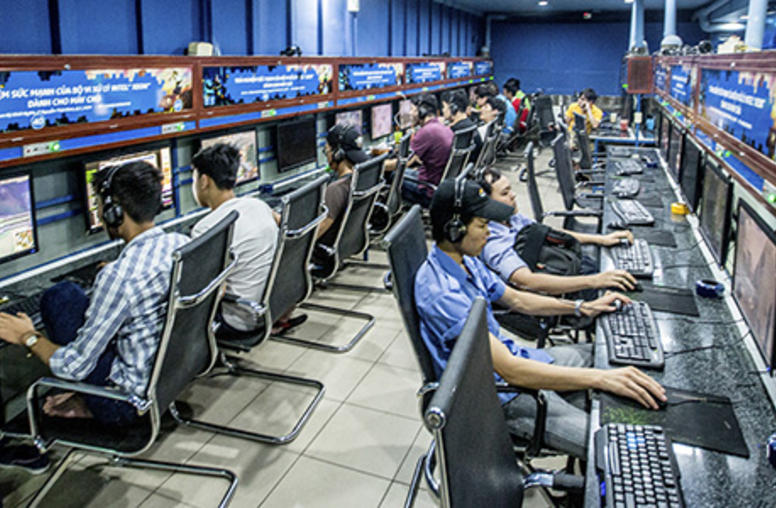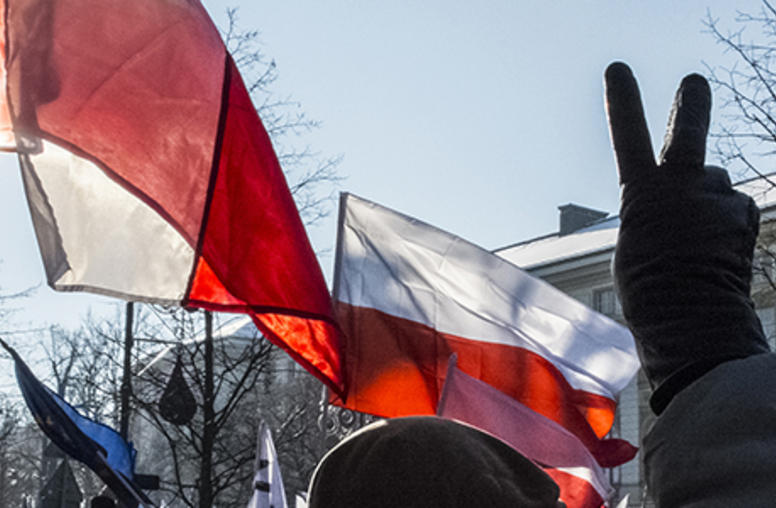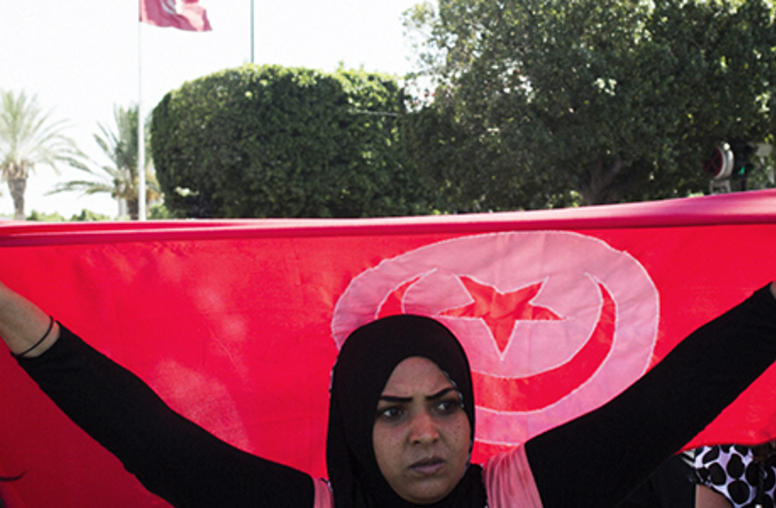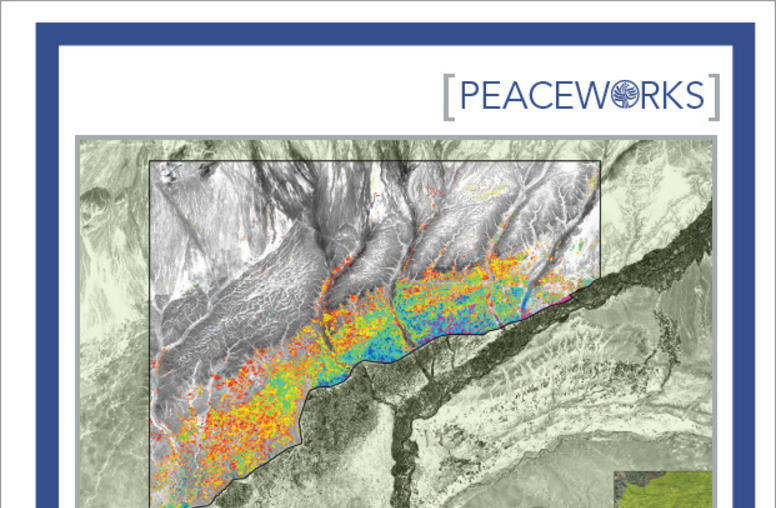Media as Global Diplomat: Media that Moves Millions
On February 28, USIP convened leaders in technology and media to discuss the unprecedented phenomena of user-generated media campaigns. The day long event was part of USIP's Media as Global Diplomat series.
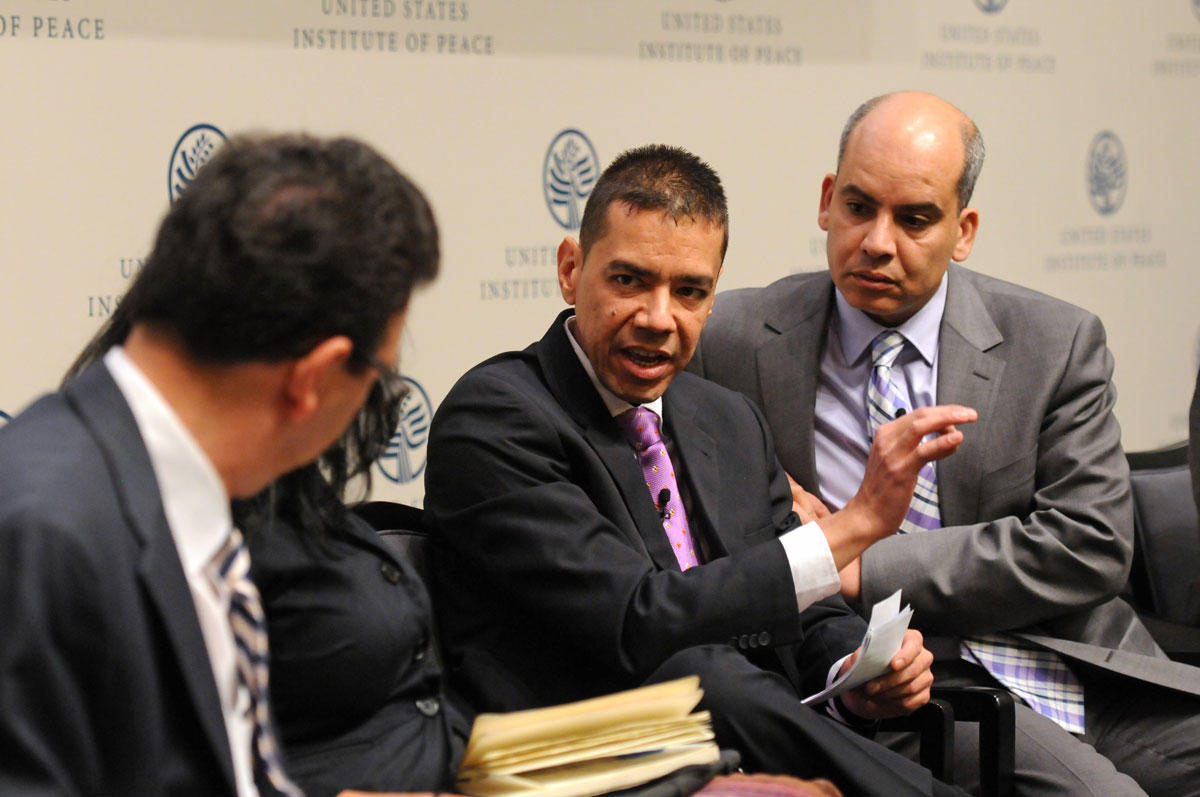
Al Jazeera television’s U.S. bureau chief, Abderrahim Foukara (right), listens as Oscar Morales (speaking), a Colombian engineer, talks about the role of social media in his founding of the One Million Voices Against FARC campaign that organized a 12 million-strong protest against the guerrilla group in 2008.
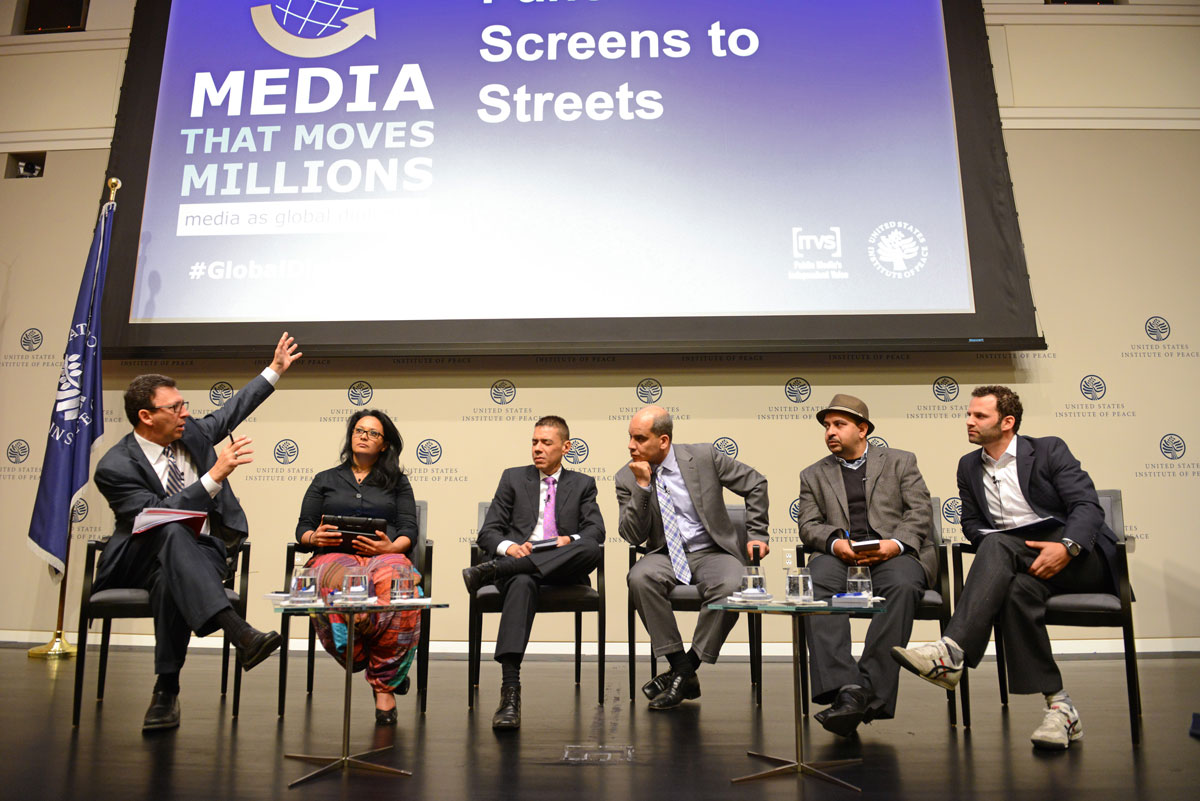 The panel, part of USIP’s daylong Media That Moves Millions in-person and online discussion on the influence of social media, was moderated by Frank Sesno (left), director of George Washington University’s School of Media and Public Affairs and an Emmy-award winning broadcaster. Nadine Wahab (second from left, obscured) was an administrator of the Egyptian Facebook campaign “We Are All Khaled Said,” which she said drew on the power and influence of those in the streets during the country’s 2011 revolution.
The panel, part of USIP’s daylong Media That Moves Millions in-person and online discussion on the influence of social media, was moderated by Frank Sesno (left), director of George Washington University’s School of Media and Public Affairs and an Emmy-award winning broadcaster. Nadine Wahab (second from left, obscured) was an administrator of the Egyptian Facebook campaign “We Are All Khaled Said,” which she said drew on the power and influence of those in the streets during the country’s 2011 revolution.
Frank Sesno (left), director of George Washington University’s School of Media and Public Affairs and an Emmy-award winning broadcaster, moderates a panel discussion among leaders of social media movements. The in-person and online conversation probed questions regarding what makes for a successful advocacy mobilization on a range of media.
The panel also included (from left to right) Nadine Wahab, an administrator of the Egyptian Facebook campaign “We Are All Khaled Said”; Oscar Morales, founder of the One Million Voices Against FARC campaign in Colombia; Al Jazeera television’s U.S. bureau chief, Abderrahim Foukara; Adel Iskandar, a scholar of Arab media and communication who teaches at Georgetown University; and Matthew Perault, head of policy development at Facebook. Look out for more follow-up coverage tomorrow.
